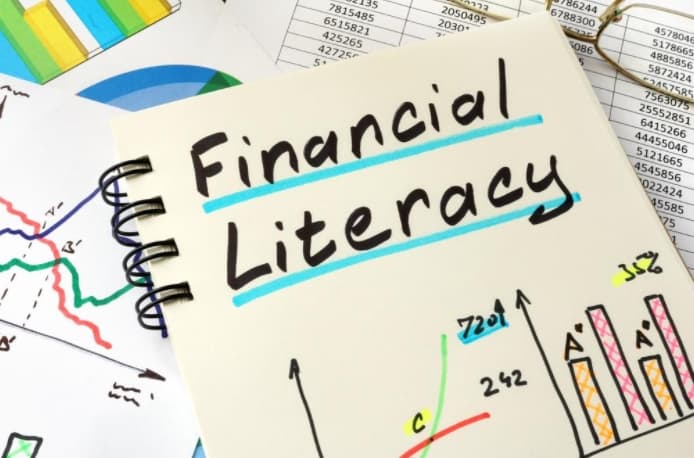
Operating a small business is a dream for many people.
You can be your own boss. You may have a more flexible schedule, as well as the potential to earn more income. And you just might change the world.
But when you are CEO, CFO, CMO and COO of your company, how do you stay on top of your finances?
Running a business does not guarantee that you are financially savvy. In a 2015 study, 63 percent of Americans earned a D or lower on a quiz about everyday economics and finance, and an Intuit study found 66 percent of small-business owners wished they knew more about their finances.
From payroll to marketing, gross revenues to net profits, business owners must build and maintain a level of financial literacy. Without this know-how and expertise in the financial aspects of running a business, owners often turn to credit cards to finance their businesses — only to end up in debt that cripples their companies and their lives.
The good news is that you can learn to manage your finances without sacrificing your leadership or the passion that led you to start your business. Here’s how to begin.
1) Learn to create and use a budget
Many business owners’ personal and business lives — and finances — are intertwined. If you started your business with passion, don’t let financials weigh you down.
Instead, approach them as you did when starting your business. What are your goals? Start there, and develop simple budgets aimed to reach those goals.
2) Get a handle on your credit report
Loans and credit for small businesses rely on your personal credit history in many, if not most, cases. Financial literacy includes understanding your credit profile and how you appear to potential lenders.
Take time to request your free credit report once a year from all three credit reporting agencies via annualcreditreport.com. Carefully review reports and follow each agency’s directions to correct any errors.
3) Leave credit card debt behind
Sometimes businesses need to borrow to grow and invest in future earnings. Borrowing with credit card debt, however, generally creates more problems than it solves.
Look at it this way: Paying off high-interest credit card debt will effectively generate a 15 to 20 percent return. There are few, if any, other investments in the world that can provide that level of return with no risk.
If you are already in debt, and are at a point at which you cannot pay it off on your own, see if you qualify for a debt consolidation loan, or contact a credible debt relief firm to discuss options.
4) Teach yourself
Read one or two quality personal finance publications or websites consistently. Look for resources designed for small-business owners, including:
- Small Business Development Centers — Training, counseling and technical assistance administered by the U.S. Small Business Administration (SBA).
- Money Smart for Small Business — Financial literacy training by the Federal Deposit Insurance Corporation and SBA.
- SCORE Association — Nonprofit organization offering financial literacy tools in the Finance and Money section of its website.
- 360 Degrees of Financial Literacy — Website offered by the American Institute of Certified Public Accountants.
Basic financial management is something everyone can and should learn. You’ll be keeping your business healthy today while building the dreams of your future.
